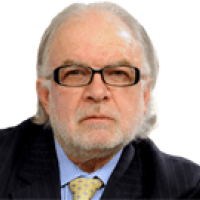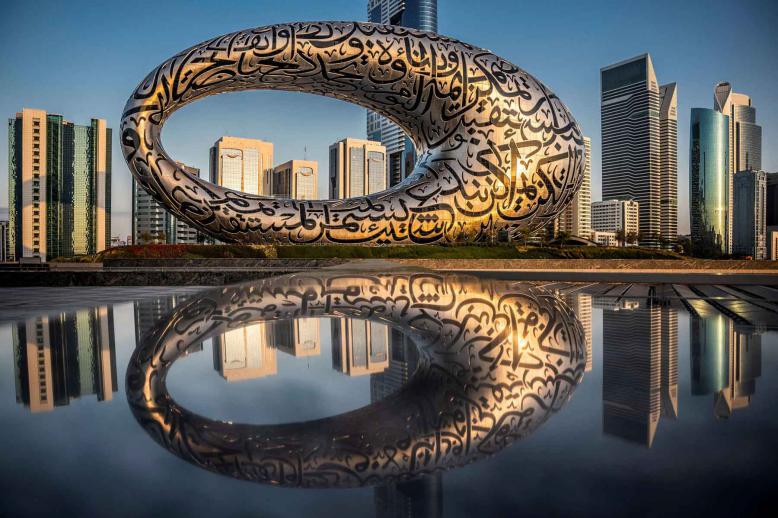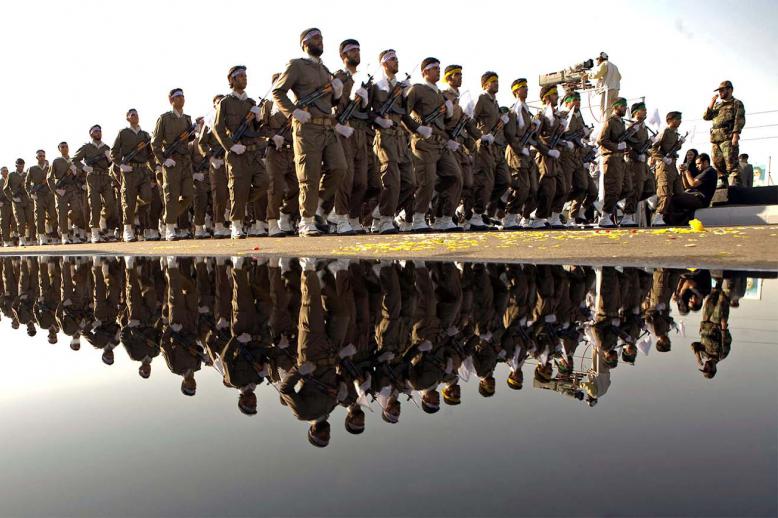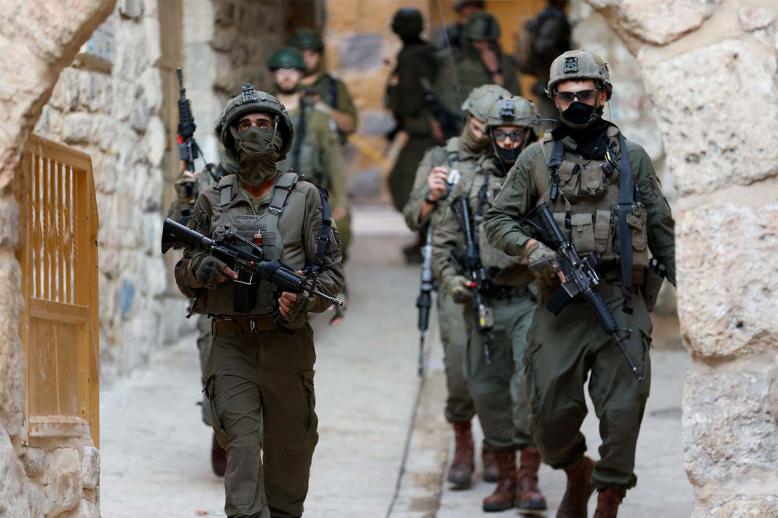With Hezbollah, Washington may be preaching to deaf ears
The White House had planned a meeting with the reclusive and enigmatic leader of North Korea, Kim Jong-un, during which US President Donald Trump was to try to convince him to do the impossible: give up his nuclear weapons in exchange for peace. It would have been a historic meeting in any case.
Aside from North Korea, the Trump administration has placed its sights on Iran and the Lebanese Hezbollah movement.
Within two weeks of the United States’ withdrawal from the Iran nuclear deal, it and its Gulf partners introduced new sanctions on Hezbollah’s leadership, and US Secretary of State Mike Pompeo threatened crippling sanctions against Iran, Hezbollah’s chief backer.
“This string of sanctions will be painful if the regime does not change its course from the unacceptable and unproductive path it has chosen to one that rejoins the league of nations,” Pompeo said. “These will indeed end up being the strongest sanctions in history when we are complete.”
As for Hezbollah, the US Treasury included the group’s two top officials, Hassan Nasrallah and Naim Qassem, on its list of individuals targeted in a third wave of sanctions since the Trump administration pulled out of the nuclear agreement. Those sanctions were imposed jointly with the Gulf-based Terrorist Financing and Targeting Centre (TFTC), which includes Gulf Cooperation Council (GCC) members.
Among those sanctioned are key members of Hezbollah’s leadership, including Mohammad Yazbek, head of the group’s religious council; Hussein al-Khalil, Nasrallah’s political aide; Ibrahim Amin al-Sayyed, head of the political bureau; Hashem Safieddine, a senior Hezbollah leader and a key member of the organisation’s executive council; plus a number of financiers.
The GCC sanctions included additional figures previously blacklisted by the United States.
Trump may well find removing nuclear warheads from North Korea’s arsenal a much easier task than sidelining Hezbollah, Iran’s powerful Lebanese proxy militia, from its supporters. Indeed, the Shia militia has some important backers, not least of all Iran, which several Western countries and Israel have accused of supporting terrorism.
Trump will discover that dealing with the North Koreans will by no means be a walk in the park. Still, it will be considerably simpler than dealing with Hezbollah. At least Trump managed to secure a face-to-face meeting with Kim. It is hard to imagine a meeting could take place between Trump and Nasrallah.
While Hezbollah may well be selling itself as a “resistance,” the reality is different. In essence, the Lebanese movement’s raison d’etre is facilitating Iran’s foreign policy agenda in the region.
Part of the debate between the United States and its allies in the region is what exactly or rather who exactly is a terrorist? The Gordian knot of world politics today is who and what consists of terrorism. Many hours have been spent by the UN General Assembly debating the issue and it has yet to come up with an answer.
Additionally, the United States will have a hard time convincing Iran — or anyone else who supports Hezbollah — to tighten the screws following the relocation of the US Embassy from Tel Aviv to Jerusalem.
Previous US administrations resisted formalising the transfer of the United States’ principal delegation to Jerusalem but the Trump administration wasted no time. This led to huge demonstrations in the Gaza Strip, resulting in the death of at least 60 Palestinians. They died after approaching the Israeli border and being fired on by Israeli troops.
This article was originally published in The Arab Weekly.







